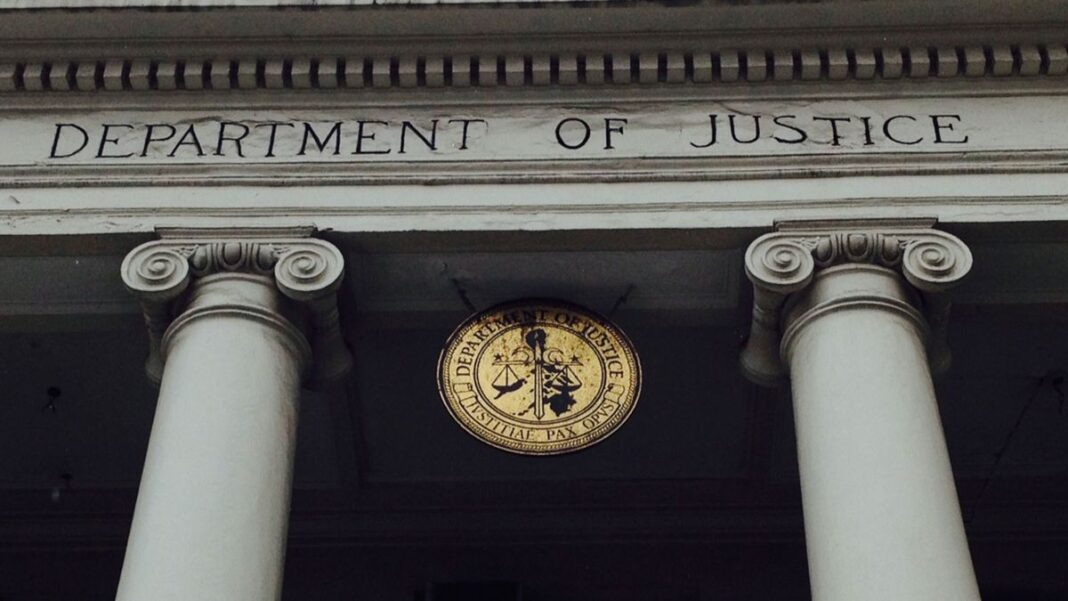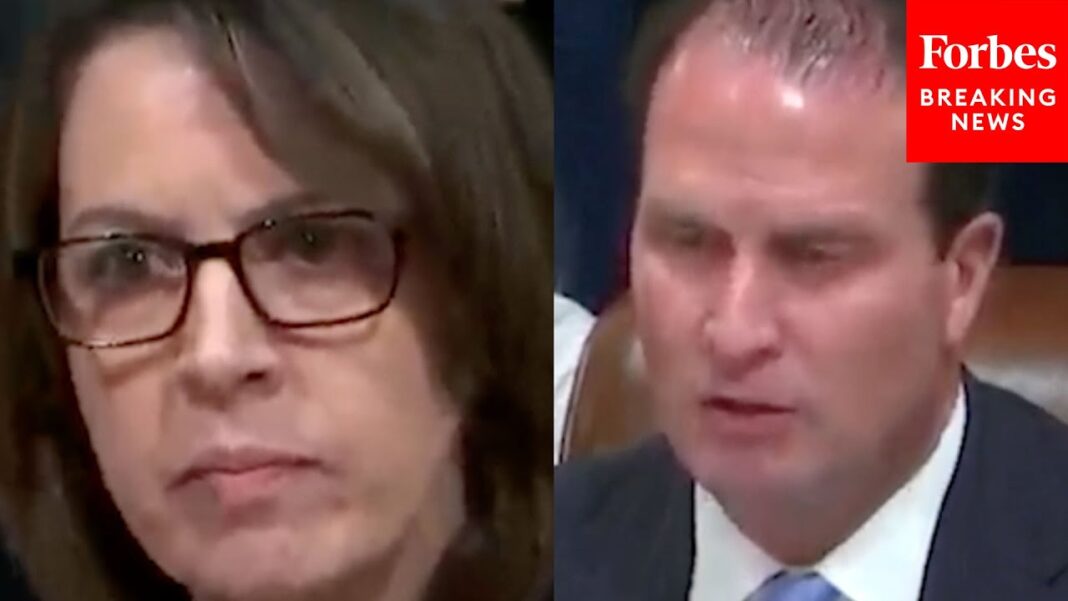As investigations of the Biden administration and related activities proceed in the House Oversight and Judiciary Committees, the Department of Justice (“DOJ”) and the FBI are not cooperating with the Committees. These agencies will not even produce a specifically identified, unclassified Form FD-1023 that is a record of a payment scheme involving then vice president Biden and a foreign national. Moreover, the special counsel’s investigation of Hunter’s taxes and foreign business dealings has been listless since starting in 2018. The Committees can continue attempting to squeeze information out of a stone wall or answer the existential question – what is more critical to the nation, the truth about the government’s actions or punishment for its criminal activities?
If punishment is the desire, Congress, as the legislative branch, can’t impose it. If Congress exposes the corruption, DOJ will not prosecute it, as evidenced by the Horowitz and Durham reports of government corruption.
Since the DOJ and FBI are impeding the congressional investigations, the only viable option left for the Committees is to secure the testimony of all relevant witnesses by granting “use immunity” to the Biden family, Hunter’s business associates, and the past and present leadership of the DOJ and FBI. Congress has this power under 18 U.S.C. sec 2005.
Once receiving use immunity, the witnesses can testify free of prosecution for any testimony concerning their criminal activity. A refusal to answer subjects the witness to Contempt of Congress and could result in imprisonment.
Congress has the sole discretion to grant use immunity. Moreover, neither the DOJ nor the courts can interfere with the grant of it. Title 18 USC sec. 6005 authorizes either House of Congress to grant use immunity once an individual refuses to give testimony or provide other information based on his privilege against self-incrimination.
Historically, Congress is reluctant to grant use immunity since it usually results in an inability of the DOJ to prosecute criminals. DOJ describes the dilemma:
Congress may now be forced to choose between granting immunity to exercise its oversight and investigative functions and forgoing a grant of immunity to allow the prosecution of key witnesses.
In the present situation, however, Congress is not facing a dilemma since DOJ is unwilling to prosecute any of the involved parties.
In the Watergate trials, like today, the DOJ refused to cooperate with Congress. The US Senate sought to grant use immunity to witnesses. DOJ asserted it, and the court has the power to block the grant of immunity. Chief Judge Sirica upheld the Senate’s power, writing:
Immunity is the fixed price which the government must pay to obtain certain kinds of information, and only the government [Congress] can determine how much information it wants to ‘buy’ in light of the fixed price.
Obtaining an immunity order from the district court is straightforward. In this instance, a duly authorized representative of the House of Representatives or the Committee seeking the testimony shall request a court order to require a witness to give testimony. The House or the concerned Committee must give ten days’ notice of the request to the Attorney General.
The district court must grant the congressional request if it finds:
- In the case of a proceeding before either House of Congress, the request was approved by a majority vote of the members present, or
- In the case of a proceeding before a committee, the request for such an order was approved by two-thirds of the members of the Committee; and
- That the Attorney General was given ten days’ notice. The Attorney General can request another twenty days to “insulate from the immunity grant any incriminating data already in his files prior to the witness’s testimony.”
Once these conditions are met, the statute is mandatory. “The court shall” issue the order. Chief Judge Sirica held section 6005 casts the role of the court as ministerial, and the Attorney General is deprived of his normal discretion concerning the granting of immunity.
Judge Sirica concluded: “[There is a] power of the Congress to inquire into and publicize corruption, maladministration or inefficiency in agencies of the Government.” Quoting President Wilson, he notes the informing function of Congress should be preferred even to its legislative function.
The American people are owed the truth about corruption in their government. The House of Representatives has the power to obtain the truth. What is more important to the nation, truth or the false hope of punishment?






